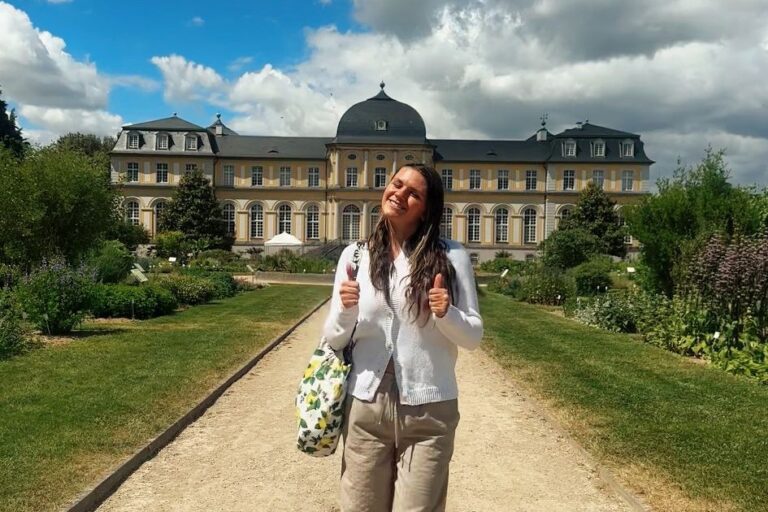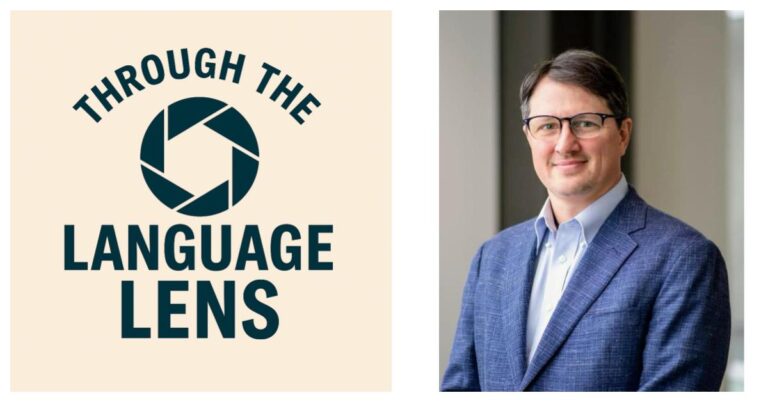Bridget Hanchek, a senior double-majoring in Japanese and Professional Writing, spent her entire junior year studying in Japan where she expanded her language skills through courses and daily interaction with native speakers.
While in Japan, she shared a dorm-style apartment with both students from the United States and students from Japan who were enrolled in accelerated English programs.

“I noticed a huge improvement in my language abilities, just by being with somebody practically 24/7 who natively speaks the language, which was beneficial to both of us,” Hanchek said.
Prior to coming to MSU, Hanchek spent two weeks in Japan through a high school study abroad program. As she was looking into college’s she knew she wanted to go somewhere that had a program to Japan and she ended up choosing Michigan State University because of the Japan Center for Michigan Universities (JCMU) program.
The JCMU program is run through all 15 public universities in the state of Michigan, but is largely based out of MSU. JCMU’s campus is located in Hikone City, Shiga Prefecture, Japan. The center lies on the eastern shore of Lake Biwa, the largest lake in Japan and is less than a two-hour train ride to both Kyoto and Osaka. When she enrolled in classes her freshman year, Hanchek was determined to spend her junior year in Japan with this program, and she succeeded.
I noticed a huge improvement in my language abilities, just by being with somebody practically 24/7 who natively speaks the language, which was beneficial to both of us.
“It really is incomparable, studying a language in the native country. You can get really far in a classroom, but you just simply don’t have daily exposure,” Hanchek said. “The demand for you to learn and use the language isn’t nearly as high than when you are in a country where that language is spoken natively. You are constantly learning and building on the language when you are reading road signs and buildings. It is just constant practice.”
While in Japan, Hanchek took 27 credits over two semesters and spent her weekends traveling through the countryside or taking the train into the larger nearby cities, like Kyoto and Osaka.
Hancheck encourages other students to seek out study abroad programs, even if they don’t go for an entire academic year, and she assures students who are afraid of being away from loved ones that it is possible.
It really is incomparable, studying a language in the native country. You can get really far in a classroom, but you just simply don’t have daily exposure.
“It’s not as hard as it used to be to keep in touch with people from home. Sometimes it’s too easy,” Hanchek said. “If you need to talk to your family and friends every day to feel comfortable, then that’s totally okay. But, you just need to be aware of letting it stop you from experiencing some things on your own.”
Hanchek is now back on campus for her last year at MSU. She is taking many courses within her Professional Writing major and has discovered possible career paths where she can utilize both of her degrees.
“I would like to be an editor of translated texts,” she said. “Oftentimes, translators are also editors, and if you have an editor who understands the source well, I think that is useful.”
In addition to finishing up both degrees, Hanchek works at MSU’s JCMU office and at The Writing Center.


